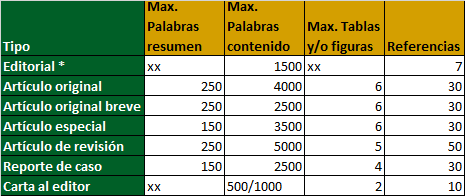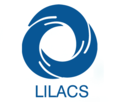Anti-inflammatory effectiveness of eugenol compared to croton lechleri in the treatment of recurrent aphthous stomatitis
DOI:
https://doi.org/10.37711/rpcs.2019.1.1.3Keywords:
sutton disease 2, Stomatitis Aphthous, Eugenol, C-Reactive Protein, Croton, Erythema, Statistics, Nonparametric, Control Groups, Tongue Diseases, Tongue, Mouth Mucosa, Lip, Leukocytes, Anti-Inflammatory Agents, PainAbstract
Objective. To determine the anti-inflammatory effectiveness of eugenol against croton lechleri in the treatment of recurrent aphthous stomatitis. Methods. This is an experimental study where 60 samples were included, divided into three study groups (G.E): G.E. 1 (croton lechleri), with 20 subjects; G.E. 2 (eugenol), with 20 subjects; and the control group (G.C), with 20 other subjects. The clinical characteristics, pain, erythema, healing time were evaluated; as well as the count of leukocytes and C-reactive protein, before and two days after the application of the treatment. The Student t-test, the Kruskal-Wallis test and the Mann-Whitney U test were used. Results. Minor canker sores were more frequent, with 93.3 %; the round shape predominated in the subjects studied, with 63.3 %; with 28.3 % in several locations; followed by the tongue, with 25 %, and the labial mucosa, with 16.7 %. Pain ceased 100 % in patients on the second day of applying eugenol, erythema on the third day and healing ended on the fourth day. With the use of croton lechleri, on the third day the pain and erythema ceased, culminating the healing process. Conclusions. The results of the present study demonstrate that both the topical application of croton lechleri, and that of eugenol, are effective in the treatment of recurrent aphthous stomatitis.
Downloads
Downloads
Published
How to Cite
Issue
Section
License
Copyright (c) 2019 Revista Peruana de Ciencias de la Salud

This work is licensed under a Creative Commons Attribution 4.0 International License.





























